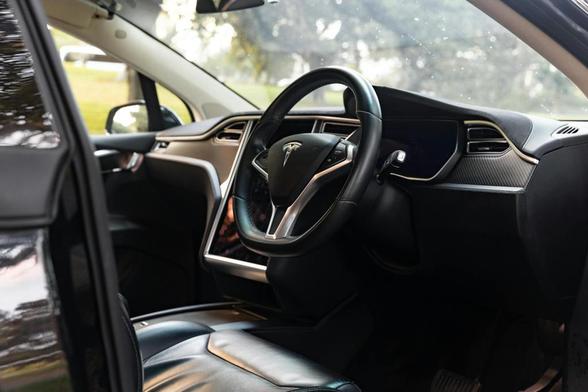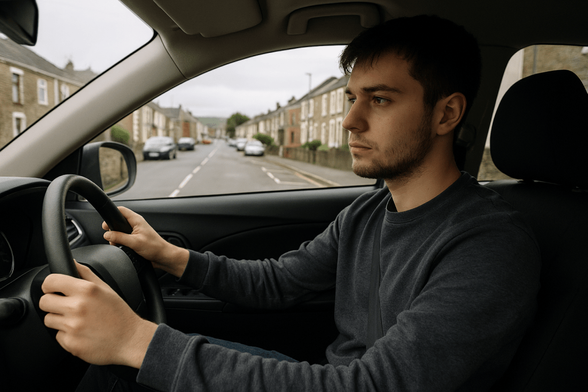This comes after a survey from QuoteZone.co.uk reveals 92% of drivers feel potholes in their local area are getting worse.
Because of this, many drivers are having to take evasive action to help prevent an incident or unnecessary damage.
Nine out of ten, (94%), admit to having swerved a dangerous pothole to avoid damaging their car, but the insurance experts say these actions could actually see drivers penalised, disqualified from driving, or hit with penalty points for careless and inconsiderate driving.
Motorists could find themselves hit with fines of up to £2,500 if their attempts to avoid pothole damage are viewed as driving without due care and attention.
Of those who have experienced vehicle damage due to potholes, over four in five (83%) have paid out of pocket for repairs, while only 6% have claimed through their insurance company.
Drivers can claim for pothole vehicle damage either through the local council looking after the road, local road authority, or through their insurance provider.
It’s important to remember no claims discounts will likely no longer be in place for those who choose to claim through their insurance, and they will normally have to pay the excess fee, so it’s worth weighing up the savings.
Before making a report to the local council, it’s important to gather as much information as possible to help prove eligibility to claim and that the damage was caused by a pothole – witnesses to the incident and evidence from a trained mechanic can help with this.
Motorists are also told to record where and when the accident occurred and take a photo if it is safe to do so, noting the size and location of the pothole. Note the pothole in question normally needs to be at least 40mm deep. Copies of this essential information can then be used when making the report to the council or local road authority depending on the area.
Greg Wilson, Founder and CEO of Quotezone.co.uk said:
“With the battle against potholes surging across the country, it’s not surprising to hear so many are having to make manoeuvres to avoid driving over dangerous potholes.
“Costly damage to vehicles is the last thing any driver needs right now, but we want to help them understand what they are entitled to if they can prove they have experienced vehicle damage as a result of driving over an unrepaired pothole.
“Many drivers are unaware their attempts to avoid car damage from dangerous potholes could see them penalised. From our survey, 66% of drivers admitted they were not aware swerving potholes was illegal.
“However, with 92% saying the potholes in their area are an increasing problem and are not being fixed quickly or at all – it is not surprising to hear that so many are having to make potentially dangerous manoeuvres to avoid hitting potholes.
“When claiming, it’s key to include as much information as possible – you could also provide contact details for anyone who witnessed the incident.
“This will all strengthen your case when it comes to proving the damage was caused solely by the unrepaired pothole and helping you to secure the appropriate compensation.
“If you have tried to claim through the local council and been turned away, you can look to your insurance provider for protection. If your policy is fully comprehensive then pothole damage is normally covered as standard.
“You will need to provide them with as much information as possible and help them to understand how the damage was solely caused by the unrepaired pothole.
“However, when taking this route, it is important to remember your no claims discount will likely be affected, so check the policy details carefully and look for no claims bonus protection – also try quoting with the claim added to see if your premium price will change, to help you make the decision.”
https://swanseabaynews.com/2024/10/08/__trashed/
#driving #potholes #Quotezone


